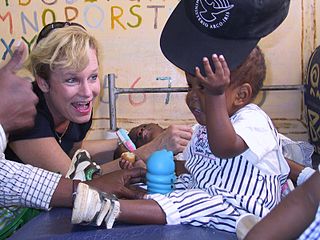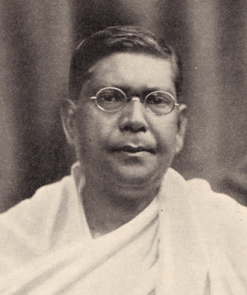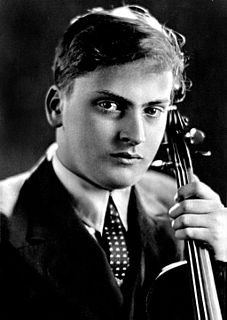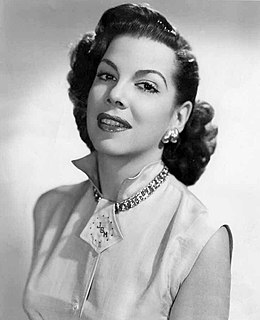A Quote by Tom Wolfe
Philip Roth is a fabulous writer, but he pretty much stays within his own life. He's so good - I mean, practically anything I've ever read of his I've really enjoyed. He just has tremendous talent. But I think he should have given himself a break and gone deeper into the society.
Related Quotes
Roth Unbound is filled with intelligent readings and smart judgments. Because of the author's sympathy and sharp mind, it offers real insight into the creative process itself, and into Philip Roth's high calling as a great American artist. The book is, in some ways, a radical rereading of Roth's life and his work. It is impossible, by the end, not to feel a tender admiration for Roth as a novelist and indeed for Claudia Roth Pierpont as an empathetic and brilliant critic.
Since the social victim has been oppressed by society, he comes to feel that his individual life will be improved more by changes in society than by his own initiative. Without realizing it, he makes society rather than himself the agent of change. The power he finds in his victimization may lead him to collective action against society, but it also encourages passivity within the sphere of his personal life.
I believe that Jesus would have given His life for just one person. Jesus emptied Himself, He humbled Himself and He so yielded Himself to His Father's love that He had no ambition of His own. He was not looking to build an empire, He did not want praise or adulation or to impress people with who or how many followed Him. He stopped over and over again for just one person, for just one life.
Someone who does not draw strength from himself and who is incapable of finding the meaning of his life within himself will...seek the map to his own orientation somewhere outside himself-in some ideology, organization, or society, and then, however active he may appear to be, he is merely waiting, depending. He waits to see what others will do, or what roles they will assign to him, and he depends on them-and if they don't do anything or if they botch things, he succumbs to disillusion, despair, and ultimately, resignation.
[About Swami Vivekanada:] I am not saying that the message of the Swami was the final word in our nationalism... But it was tremendous - something with an undying glory of its own. If you read his books, if you read his lectures, you are struck at once with his love of humanity, his patriotism, not abstract patriotism which came to us from Europe but of different nature altogether a more living thing, something which we feel within ourselves when we read his writings.
There are three levels of service. The highest level is that of one who performs good deeds the whole day and yet feels that he has not acheived anything. The second level is someone who, though he has not done anything, knows that he has not corrected anything in this world. This is good, and there is hope for him that he might correct his ways. However, someone who is righteous in his own eyes deceived himself all his life; his good deeds will be lost.
He who stands aloof runs the risk of believing himself better than others and misusing his critique of society as an ideology for his private interest. While he gropingly forms his own life in the frail image of a true existence, he should never forget its frailty, nor how little the image is a substitute for true life. Against such awareness, however, pulls the momentum of the bourgeois within him.
Each individual composes the music of his own life. If he injures another, he brings disharmony. When his sphere is disturbed, he is disturbed himself, and there is a discord in the melody of his life. If he can quicken the feeling of another to joy or to gratitude, by that much he adds to his own life; he becomes himself by that much more alive. Whether conscious of it or not, his thought is affected for the better by the joy or gratitude of another, and his power and vitality increase thereby, and the music of his life grows more in harmony.
































